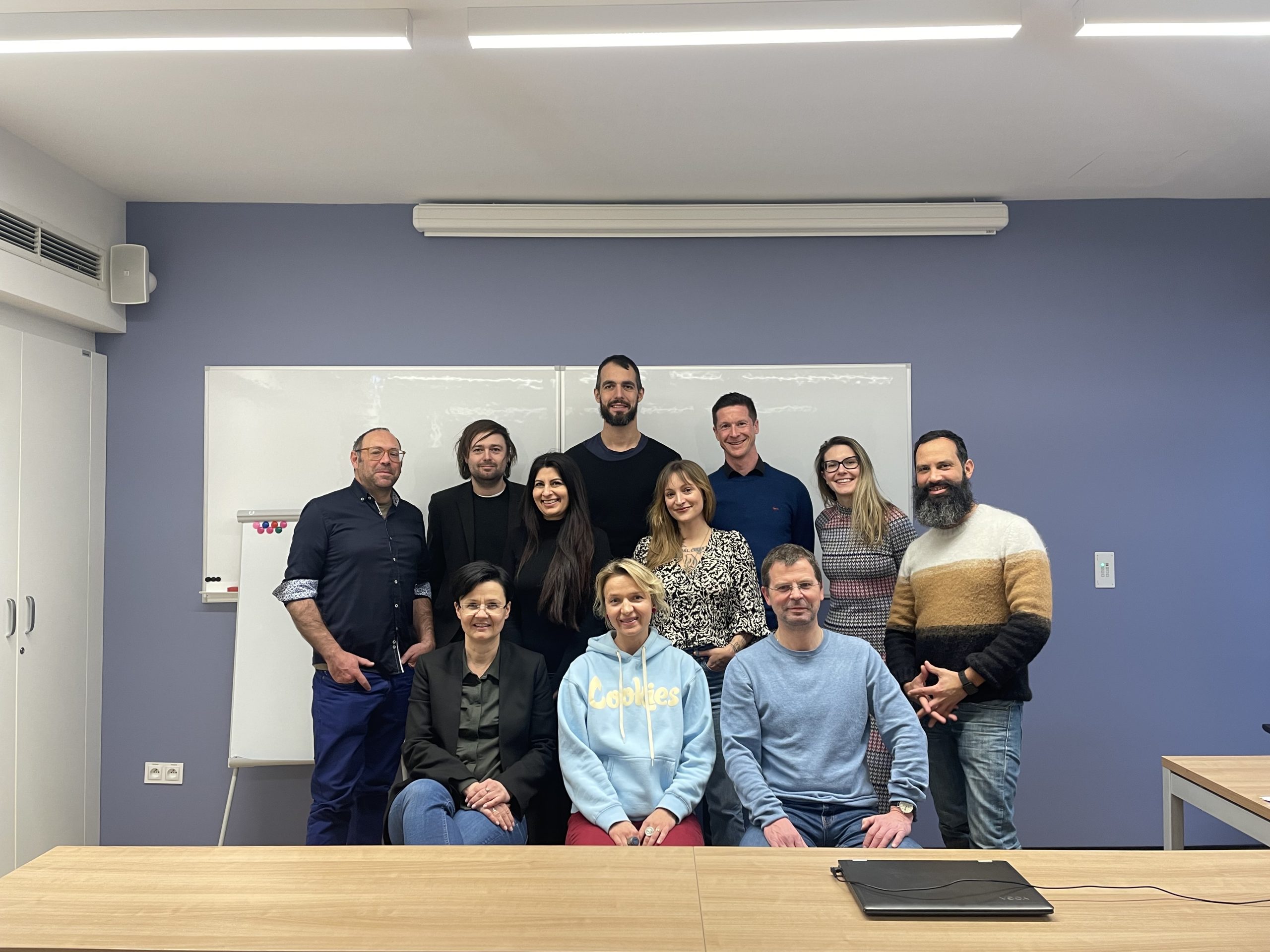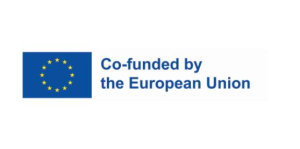Partners: Charles University, Moses Mendelssohn Center for European-Jewish Studies at Potsdam University, Jagiellonian University in Krakow
One of the noteworthy concepts in Judaism, ‚repair of the world‘ (Tikkun Olam), holds Jewish people accountable not only for their own moral, spiritual, and physical prosperity and eudaemonia but for the flourishing of humanity as a whole. This significant principle has been globally materialized in the activities and efforts of numerous Jewish and non-Jewish individuals and organizations. Veritably, this guiding idea of assuming responsibility for the benefit of the entire society strongly resonates with the „idealistic aspiration to advance a better world, “which the European Union recognized and selfdeclared as one of its fundamentals (Shared Vision, Common Action: A Stronger Europe, 2016). In this very universe of discourse, the EU strives to reconfirm its position as a worldwide „normative power“ by encouraging peaceful coexistence, equality, solidarity, respect to diversity, social inclusion, and non-discrimination, to name just a few of the basic democratic principles and human rights promoted globally by the EU.
In his Philosophy of Mind, Hegel conceptualizes the Other as a constitutive part of one’s self-consciousness. Representations of the Jew, the Muslim, and the Romany embody the primary archetype of otherness inscribed in European collective imagination. As such, they personify figures crucial for Western distinction and self-understanding. Stereotypically, in current global discourses, Jews and Muslims are mostly depicted with mutual animosity as belligerents in an antagonistic entanglement. Albeit, some of the recent ethnographies from urban areas suggest that Jewish-Muslim relations might be complex and ambivalent but not inherently hostile or conflictual (Everett, Gidley, 2018 or Sa’ed, Galor, 2020).
The presented project pioneers by mapping the mental landscape and creative forces of diverse individuals and communities within their pertinent cultural and religious backgrounds. Notably, this project intends to expand the insights into various alternative worldviews (Weltanschauungen), master/minor narratives of the three mentioned minorities, and excavate their particular resources and obstacles in building trans-communal alliances and networks in metropolitan areas of Berlin, Prague, and Warsaw. Last but not least, in accordance with the intersectional approach, the project should also reflect the views and standpoints of members of specified minorities towards their own marginalized, potentially disadvantaged, or underrepresented groups and individuals.
The main activities include preparing innovative joint-curricula, two workshops, Summer School, qualitative anthropological research, and three articles publication in peer-revied journals. The impact will be supported by a rising awareness campaign on Social Media

The transnational project EUphony “Jews, Muslims and Roma in the 21st Century Metropolises: Reflecting on Polyphonic Ideal and Social Exclusion as Challenges for European Cohesion” has been generously supported by the Erasmus+ program Cooperative partnerships 2022-1-CZ01-KA220-HED-000089285.

Interacting Minorities in European Urban Spaces
On January 24-27, the Institute of the Middle and Far East at Jagiellonian University hosted an international research workshop focusing on the study of minorities in European cities. Building upon a long-term partnership between Faculty of Arts, Charles University in Prague, Jagiellonian University in Krakow, and Moses Mendelssohn Center for European-Jewish Studies at Potsdam University, the researchers discussed specific strategies for looking at inter-minority relations and majority-minority interactions and worked on the upcoming Special Issue focusing on the Jewish and Muslim Communities in European Urban Spaces.
Participants greatly benefited from experience sharing across projects dealing with similar topics, including with colleagues behind the transnational project „Encounters“. Apart from research presentations and discussions, the event offered practical training in areas such as research dissemination, creation of MOOCs, media relations or gender dimensions of projects. The fruitful discussions led to the brainstorming of exciting possibilities for future cooperation. Stay tuned for more!
The event was supported by the grant EUphony 2022-1-CZ01-KA220-HED-000089285 „Jews, Muslims and Roma in the 21st Century Metropolises: Reflecting on Polyphonic Ideal and Social Exclusion as Challenges for European Cohesion“ and the program „Excellence Initiative – Research University” at the Jagiellonian University in Krakow (WSMiP.2.3.2022.2).
The full program and participants bios are available here.